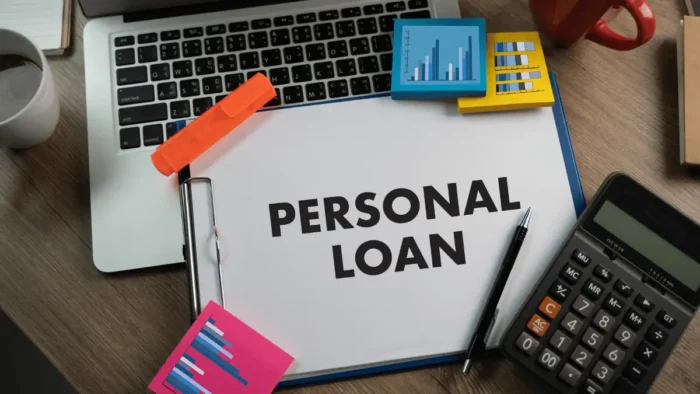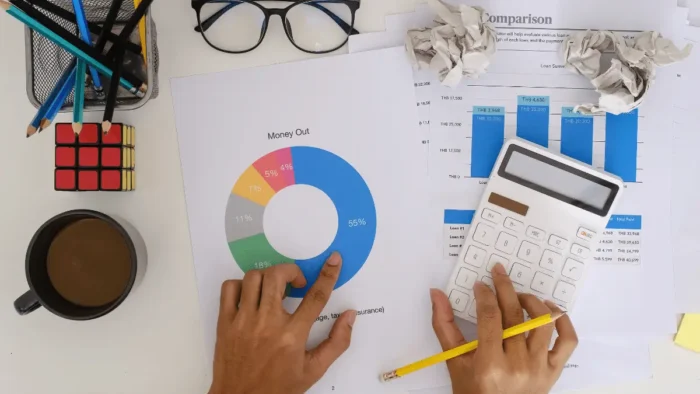If you are one of the 5 million people in the UK who is self-employed, you may find it a little harder than usual to get a typical personal loan or a mortgage.
The reason for this is that mainstream lenders tend to be a little more cautious when it comes to offering loans to people who are self-employed, on the basis that their income can fluctuate month-on-month – but that does not mean that you are still not a great candidate for a loan, whether it is for personal or business use. In our guide, we explain everything that you need to know about self-employed loans.
What Does a Lender Check During a Loan Application?
Whether it is a bank or a private lender, they are also a business in their own right and pretty much want to ensure that they will see their money back if they are lending it out. So for the lender, it is about determining the risks of lending and the probabilities of getting repaid on time or at all.
The main things that lenders look at are your monthly income, annual revenue and turnover, any outgoing expenses, and of course, your credit score.
Income – You will usually need to demonstrate your monthly income through bank statements or profit and loss accounts. So having these ready and your accounting figures organised can certainly help you get your application in order and on the right track.
Credit status – A credit check is a popular way for lenders to check the eligibility of their customers since it gives a useful overview and score of their previous credit performance. This includes how well they have repaid other types of loans, credit cards, mortgages, bills, and what amount of credit they have outstanding.
How Can You Maximise Your Chances of Getting a Loan if You Are Self-Employed?
“One of the main things you can do is make sure that you have at least two years of accounts,” explains David Beard, the founder of consumer champion and price comparison, Lending Expert.
“For lenders, there is a difference between someone who has been self-employed for a month or has been working for themselves for 5 or 10 years.”
“With two years of accounts, it shows the lender some kind of stability and regular income. You do not necessarily have to be in profit, after all, you might need this loan to help you grow and become profitable. But showing growth and not huge amounts of debt can only help.”
“Your credit score always plays an important role when applying for finance. You can usually check your credit score for free or receive a report for £2 – and staying on top of it and making sure it is strong will help you fast-track a lot of applications.
What if My Loan Application is Rejected?
Getting declined for a loan or mortgage on one or two occasions is no big deal, but it will start to be reported on your credit score if you have been declined 10 or 20 times – and this will not look good for future borrowers.
If you are still getting declined, you may have to explore other options as a person who is self-employed. Certainly, if you are just starting out and have been running your business for a few weeks or months, you may not have much to go on, so looking at other options is only natural.
You can consider borrowing money from family and friends and if this worked for the likes of Facebook and Apple, then it is not too shabby. Or if you want to do something more traditional, you can use your home or car as security and this can help you release some immediate funds. You can simply pay back interest each month for 5, 10, or 20 years – just note that your collateral could be at risk of repossession if you do not pay back on time.





